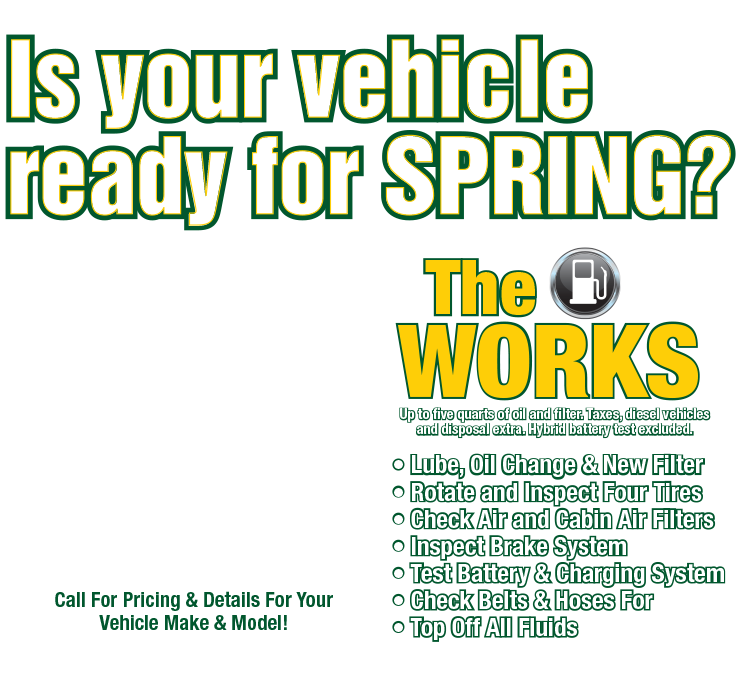Beware of Potholes! (Avoiding Pothole Damage)
January 3, 2021
You may live in a region where roads become pockmarked with craters known better as potholes. They're caused by moisture seeping through a compromised road surface that can freeze, expand and literally punch holes in the road. And when your vehicle hits one of those holes that's big enough, the impact can flatten a tire, bend a wheel or tear apart a suspension component.
To minimize pothole damage, leave enough room between you and the vehicle in front of you so you can see the road surface and any upcoming potholes. That way you'll have time to slow down and steer around them. Also, if you see what looks like a puddle of water, it may be hiding a pothole underneath, so treat it as if was a pothole.
If you keep your tires inflated to the manufacturer's specifications, they're more likely to withstand hard impacts. And the slower you're going when you hit a pothole, the less likely you are to break something. But if you do find you've hit a pothole pretty hard, here are some signs to watch out that could signal damage.
- Your vehicle pulls to one side
- The steering wheel shakes
- You hear noises or clunks coming from your suspension
- Your steering wheel is not centered when you are going straight
These are all symptoms you should have checked at your vehicle repair facility as soon as you can. The longer you wait, the more damage you may be doing.
You also may find after hitting a pothole hard that the tire on that wheel is flat. Try not to drive any more on that tire since you could do a lot more damage to the tire and/or wheel. A call to roadside assistance may save you money in the long run by limiting the damage to what's already done.
Sterling Tire & Auto
34701 Van Dyke Rd
Sterling Heights, Michigan 48312
586-264-7775
Need Service?
More articles from Sterling Tire & Auto

What?s That Yellow Squiggly Line Anyway? (What Warning Lights Mean)
March 1, 2026
You may have noticed when you start your vehicle, youll see several symbols light up on the dash. Theyre different colors and shapes, and sometimes its hard to figure out what each of those symbols mean. They are warning lights and symbolize something in your vehicle is sending you a message. I... More

If the Shoe Fits (Brake Shoe Replacement [Rear])
February 22, 2026
When it comes to brakes on your vehicle, we all know how important it is to keep them working well because they are vital safety equipment. After all, if you cant slow down and stop, you cant drive safely. While many vehicles use what are called disc brakes, theres another type of brakes that ... More

Rumble from Down Under (Muffler Replacement)
February 15, 2026
Weve all noticed them at one time or another on the street: a car or truck that drives by and the deep roar from their exhaust system sounds like a drag racer on the line. But what happens when that rumble is coming from under YOUR vehicle? Well, it could be a sign your muffler needs attention. ... More








